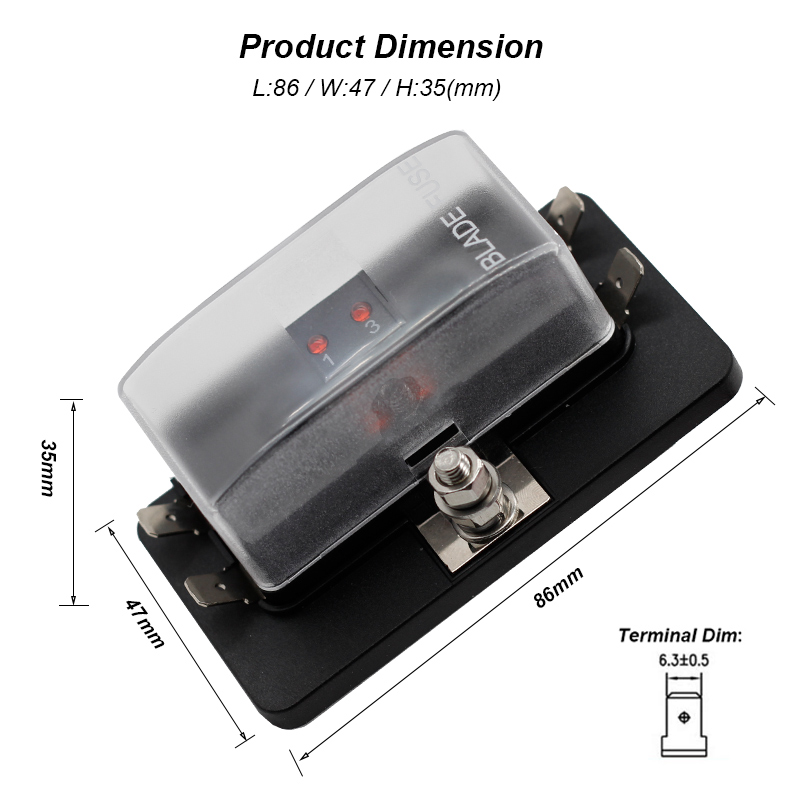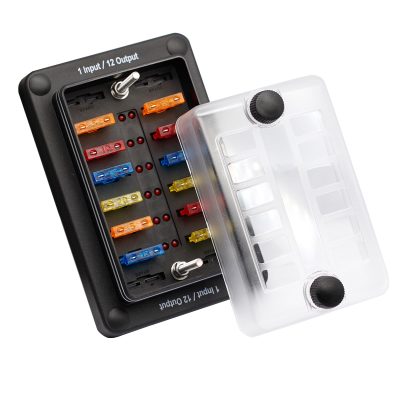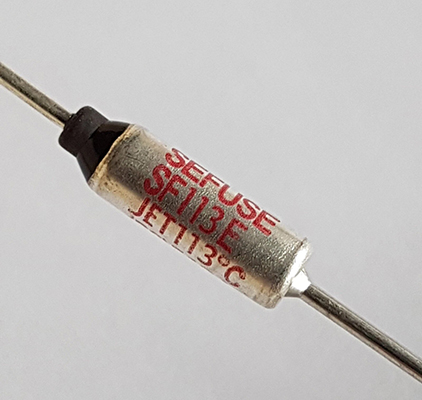The Vital Role of Fuse Boxes in Modern Electric Vehicle Electrical Systems
News 2025-10-20
In the rapidly advancing field of electric vehicles (EVs), fuse boxes serve as essential components for maintaining safety and operational integrity within the electrical infrastructure. These devices are designed to protect against electrical faults by interrupting current flow during overcurrent or short circuit events, which is particularly critical in EVs due to their high-voltage systems. As EV technology evolves, fuse boxes have become more sophisticated, integrating with battery management systems to enhance reliability and prevent potential hazards like fires or component damage. This foundational role underscores their importance in both consumer and commercial EV applications, ensuring that the shift towards electrification is both efficient and secure.

Key Applications in EV Designs
Fuse boxes are integral to various aspects of EV electrical systems, providing targeted protection in diverse scenarios. In battery packs, they safeguard high-voltage components during charging and discharging cycles, mitigating risks associated with rapid energy transfers. For instance, in urban commuting EVs, fuse boxes protect auxiliary systems like infotainment and lighting, ensuring that a fault in one circuit does not compromise the entire vehicle. Additionally, in fleet vehicles used for delivery services, they offer robust defense against environmental factors such as vibrations and temperature fluctuations, thereby extending the lifespan of critical electronics and supporting uninterrupted operation in demanding conditions.
Performance and Safety Advantages
Advanced fuse boxes in modern EVs deliver significant performance benefits by offering rapid fault detection and response, often within milliseconds, which minimizes damage and reduces repair costs. Their ability to handle higher current capacities compared to traditional automotive fuses enhances energy efficiency, allowing EVs to achieve longer ranges and faster charging times. Moreover, integration with smart diagnostics enables real-time monitoring, facilitating proactive maintenance and reducing downtime. This not only boosts overall system reliability but also contributes to regulatory compliance and user confidence, making fuse boxes a key factor in the competitive edge of EV manufacturers in the global market.
Frequently Asked Questions
1. What is the main purpose of a fuse box in an EV?
It acts as a safety mechanism to cut off electrical flow during faults, protecting components and preventing hazards.
2. How do fuse boxes improve EV performance?
They provide quick response to electrical issues, enhancing efficiency, reducing wear, and supporting advanced system integrations.
3. Are fuse boxes customizable for different EV models?
Yes, they can be tailored to specific voltage requirements and integrated with vehicle software for optimized protection.


